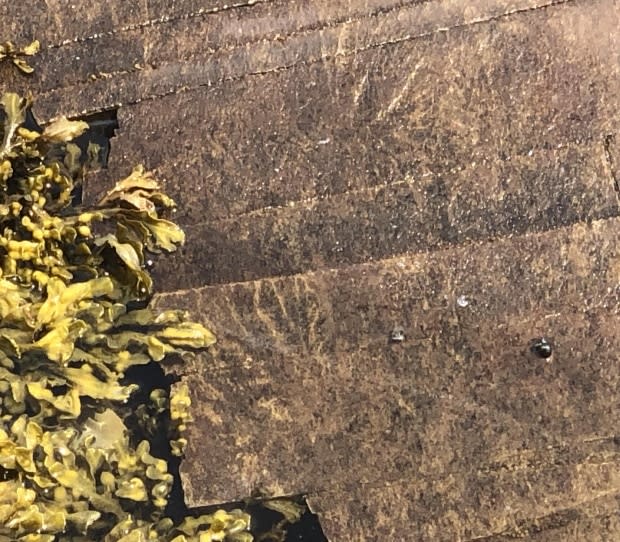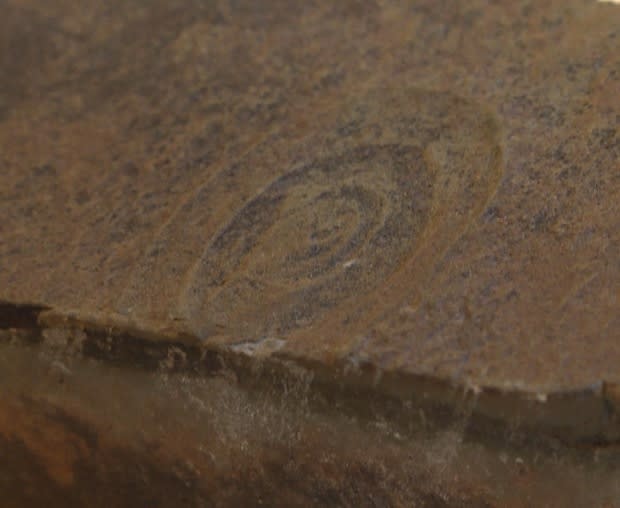Bonavista Peninsula gets historic nod from UNESCO for 560M-year-old fossils

Rock formations and fossil finds on Newfoundland and Labrador's Bonavista Peninsula were given international honours Friday morning, as the Discovery Global Geopark received official UNESCO status.
The Discovery Geopark was approved by UNESCO at meetings in Paris. It becomes one of more than 150 sites recognized for its international geological importance.
"We're really excited, it's been a long road to get here," said Edith Samson, a long-time volunteer with the Geopark committee.
"Lots of ups and downs, but… here we are."
The Geopark was recognized, in part, for the Ediacaran fossils that can be found in the area. These fossils — some of which can be accessed from the boardwalk in Port Union — are an estimated 560 million years old, and show some of the earliest multi-cell organisms.
"With over 20 taxa present, these enigmatic fossils record the oldest architecturally-complex multicellular lifeforms, providing a window to study the preface to the Cambrian Explosion," wrote the UNESCO Global Geoparks Council in nomination papers.
"The Geopark preserves a dramatic transition in Earth history."
Samson, who works with the Sir William Ford Coaker Heritage Foundation in Port Union, said that local residents didn't know about the fossils — and their rich history — for decades.

"We were doing the restoration of the old train track, and a geologist showed up in my office and said 'do you have the permits and everything because there's Ediacaran fossils there.' I had no idea what it was," she said.
"Then there were researchers who start coming all around."
Samson helped lead a push to win the UNESCO designation which began in 2006, she said. Friday's recognition is a long time coming.
"I tell people, this wasn't just a harbour that started in 1916," she said, referencing the settlement of Port Union by the Fishermen's Protective Union. "This was a harbour that was over 560 million years old."

The Discovery Geopark was honoured alongside the Cliffs of Fundy Geopark located in Nova Scotia. They become the fourth and fifth Canadian geoparks to get the honour.
Fossils for the Haootia quadriformis, believed to be the first example of muscle tissue in an animal, were found just two kilometres from Port Union's museum.
"For most researchers who come here, Newfoundland is the best place in the world to come to do the research, because we're so easy and accessible to the fossils," Samson said.
"They're right at our doorstep."
Read more from CBC Newfoundland and Labrador


